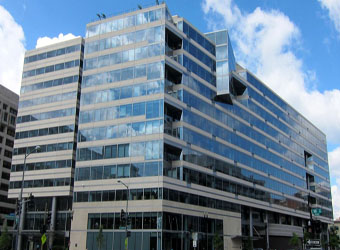The International Monetary Fund (IMF) cut its 2013 growth forecast for the Egyptian economy to 2% in its April 2013 World Economic Outlook report, down from the 3% initially predicted last October.
The international lender blamed political instability in the country for the subdued growth.
“In Egypt, the uncertainty generated by a protracted political transition has held back growth and led to an increase in fiscal and external imbalances,” the WEO report, released Tuesday, read.
The Egyptian government predicts that the economy will grow by 2.5 percent in the 2012/13 fiscal year, which will end on 30 June.
As for 2014, the IMF predicts a 3.3 percent growth rate for the Egyptian economy, substantially lower than the 4.1 percent forecast by the government for the 2013/14 fiscal year.
“A growth rate of 2 percent effectively means zero growth in terms of GDP per capita [due to population growth], which means the Egyptian economy is in a state of stagnation,” Hany Genena, chief economist at the Cairo-based Pharos Holding, told Ahram Online.
Economic activity in Egypt has slowed since the popular uprising in 2011, with sectors such as tourism and real estate being the hardest hit. Uncertainty about the country’s political future, meanwhile, along with an ongoing security vacuum, has deprived Egypt of much needed investment.
